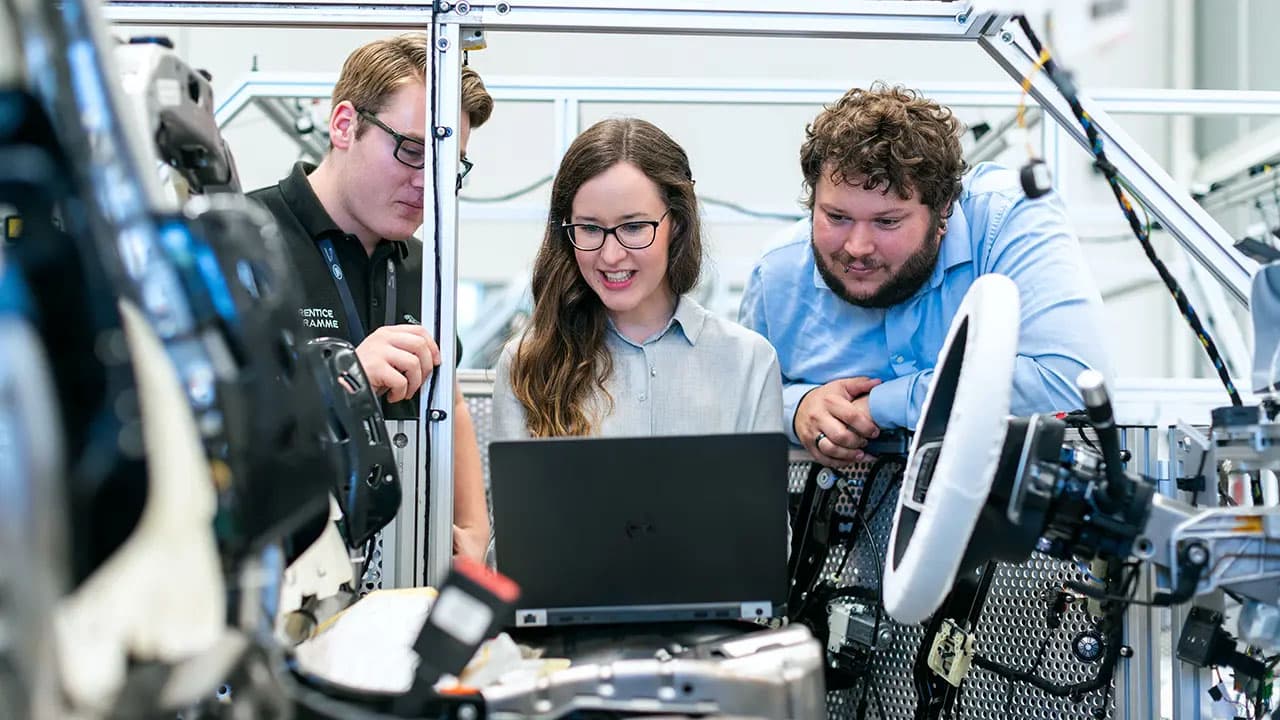Privacy Concerns in Electric Vehicles
Electric vehicles (EVs) are often celebrated for their efficiency and environmental benefits, but an equally important conversation revolves around the privacy implications of these high-tech cars. As electric vehicles become increasingly interconnected with advanced technology, privacy concerns have started to surface about the data these vehicles collect, store, and transmit.
Why Should You Care About Your Electric Vehicle's Privacy?
Imagine stepping into your sleek new electric car, not just any car, but a smart digital powerhouse on wheels. Your car does more than drive you around; it learns about your driving patterns, knows your regular routes, and even suggests destinations based on your past trips. Sounds intriguing, right? But here’s the catch: it gathers a massive amount of data in the process. The more connected and intelligent the vehicle, the greater amounts of personal information can be extracted from it.
What Kind of Data Are We Talking About?
When we discuss data in terms of electric vehicles, we mean more than just your speed and location. EVs, especially those being produced by leading automakers like Tesla, are equipped with numerous sensors and cameras. These tools collect a broad spectrum of data points, including but not limited to:
- Real-time geographic location
- Travel patterns and history
- Preferences in charging stations and routes
- Details about your driving style (e.g., speed preferences, acceleration, and braking habits)
- Vehicle usage statistics (times at which the car is most frequently used)
- Battery usage and health information
Moreover, many EVs are connected to smartphone apps, further merging your vehicle data with personal information from your phone such as contact lists, schedules, and even media consumption preferences.
Why is This a Problem?
You might wonder why data collection by your vehicle can be a concern. The primary issue lies in how this data is handled:
-
Security Risks: With a vast amount of data collected, the risk of data breaches and hacking attempts increases. A privacy breach can reveal a lot about your personal habits, financial status, and even your whereabouts at specific times.
-
Surveillance and Tracking: Continuous tracking can provide a comprehensive picture of your lifestyle. In the wrong hands, this information could be used for targeted advertising, price manipulation based on your route preferences, or even more nefarious purposes like stalking.
-
Data Ownership: When your EV collects data, who ultimately owns this information? Is it you, the vehicle manufacturer, or another third party? Often, the terms of service for connected cars are lengthy and complex, and many consumers might not fully understand what they are consenting to.
-
Lack of Choice: Currently, there is little to no option for consumers who want to opt-out of this data collection. If you use an electric vehicle, there is a good chance you have to agree to the data collection in order to utilize the vehicle and its features fully.
Steps Towards Protecting Your Privacy
Given these concerns with electric vehicles, what proactive steps can you take? Here’s what you should consider:
-
Understand the Terms of Service: Before purchasing an EV, read and understand the car's privacy policies and data usage terms. Know what data the car collects, how it will be used, and who can access it.
-
Use Privacy Features: Some electric vehicles come with privacy protection settings that allow you to control what data you share or turn off certain data collection features altogether. Explore and use these features.
-
Regular Software Updates: Ensuring that your vehicle's software is up-to-date is crucial. These updates often include security patches that protect your car and your personal data from vulnerabilities.
-
Advocate for Better Policies: On a broader scale, engaging with policymakers and supporting legislation that protects consumer data privacy in electric vehicles can bring about industry-wide changes.
The rise of electric vehicles brings with it revolutionary changes in transport technology along with new challenges for privacy. It is pivotal to engage with these challenges head-on, ensuring that our journey towards the future of transportation is secure and respects our privacy. By staying informed and conscious of these issues, drivers can enjoy the myriad benefits of their electric vehicles without sacrificing their personal privacy.












